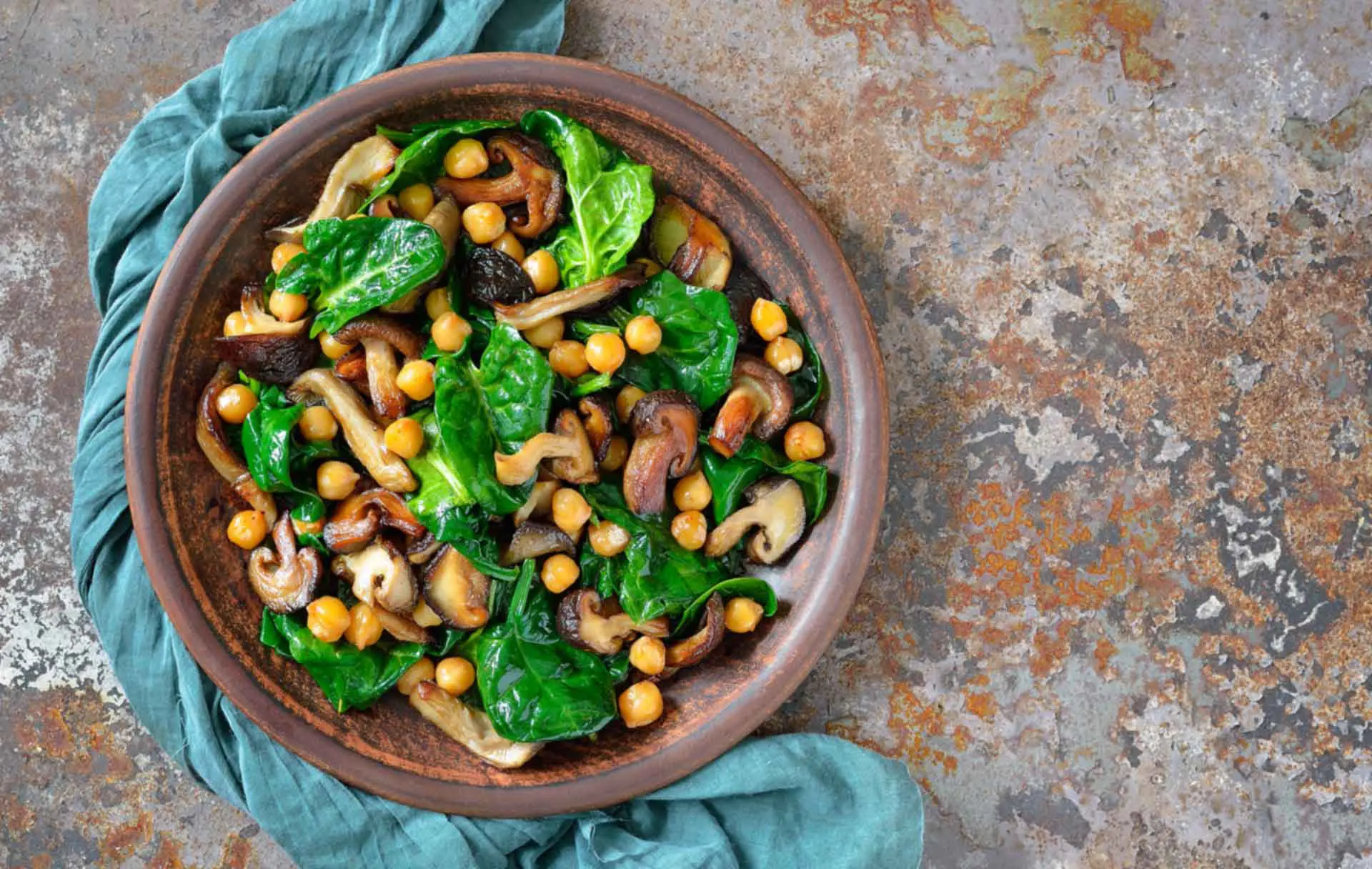“Is it just lazy vegetarianism? Or a half-hearted hipster health kick?!”
These are the types of responses I normally hear when I bring up the topic of flexitarianism. And yes, as the name suggests, it’s a flexible approach to vegetarianism… but any flexitarian will tell you that flexitarianism is so much more than a fad diet, a trendy talking-point or lunchtime laziness. There are huge benefits to your health and happiness – especially if caring about the environment makes you happy!
According to YouGov more than 14% of us identify as flexitarian. That’s a staggering amount when you consider that vegans and vegetarians combined amount to only 4% of the UK populace. So yes, flexitarianism is very much a growing trend and worthy of a little more attention.
What exactly is flexitarianism?
A flexitarian diet is a mostly meatless diet which occasionally crosses paths with animal proteins. Think of it as a veggie-ish approach to mealtimes but, instead of being completely plant-based, you’re allowing yourself the odd serving of meat, fish, dairy and eggs.
This is great for those who don’t want to go the whole hog either way. You can still experience the benefits of a mostly meat-free diet whilst partaking in that beefed-up midweek bolognese or your traditional Sunday roast. Best of both worlds?
What are the rules?
One of the attractive things about flexitarianism is that there are no set rules. You can essentially govern your own diet. However, as a rule of thumb, most flexitarians will consume meat closer to once or twice per week than once or twice per day.
The key distinction here seems to be that meat is actively minimised but not completely cut out of the diet. I often see flexitarians adopting a ‘meat as treat’ philosophy, rather than making meat the starting point around which every meal is built. That’s a good way to look at it.
Looking for ways to make the most of your meat days? Check out these delicious dishes and serve yourself up something really special!
Flexitarianism is good for your health!
As it’s a newly labelled phenomenon as far as diets go, there isn’t a wealth of research into the benefits of a flexitarian diet specifically. However, one thing we do have in spades is research into vegan and vegetarian diets, and the health benefits afforded to those who follow them.
From reducing your risk of heart disease, colorectal cancer and diabetes, to boosting your metabolism and overall vitality, adopting a meatless diet can have a significantly positive impact on your health. It’s also reported that replacing fatty, high-calorie foods – such as meats, dairy, etc– with high-fibre, low-carb plant alternatives has been found to help with weight loss. I don’t know about you but I’m considering a step towards any diet which boasts health kickbacks like these to be a step in the right direction.
Many people consider flexitarianism to be a gateway to vegetarianism or veganism. What do you think? Come join the conversation on Facebook and Instagram and let us know!
Flexitarianism is good for the planet!
I’m thrilled to see that climate change is something more and more people are taking seriously. I mean, hats off to those of you who have been doing your bit all along, but at least now the scientific community is in consensus about the impact that food production has on the planet.
Did you know it takes approximately 100,000 litres of water to produce 1 kilogram of beef? That’s a mind-blowing amount. Now compare that to the 750 litres of water to produce 1 kilogram of wheat.
And that’s just the tip of the shrinking iceberg. The knock-on effect of reducing our reliance on animal products would have much farther-reaching benefits. From releasing the strain on land use for livestock, to allowing our oceans to recover from their currently ‘over exploited’ state, the influence of flexitarianism extends well beyond the realms of…well, half-hearted hipster health kicks.
So, can flexitarianism save the world?
I’ll leave you with one last point to consider, and that is that ‘every little helps’.
Think about it, if every person on the planet was to embrace a flexitarian diet and only consume animal product half of the time, the effect would be the same as 50% of the Earth’s population being vegan all of the time. Just imagine the environmental impact and improvements to health we could see from one simple change…
Do you think you could be doing more? Come let us know on Facebook and Instagram.
